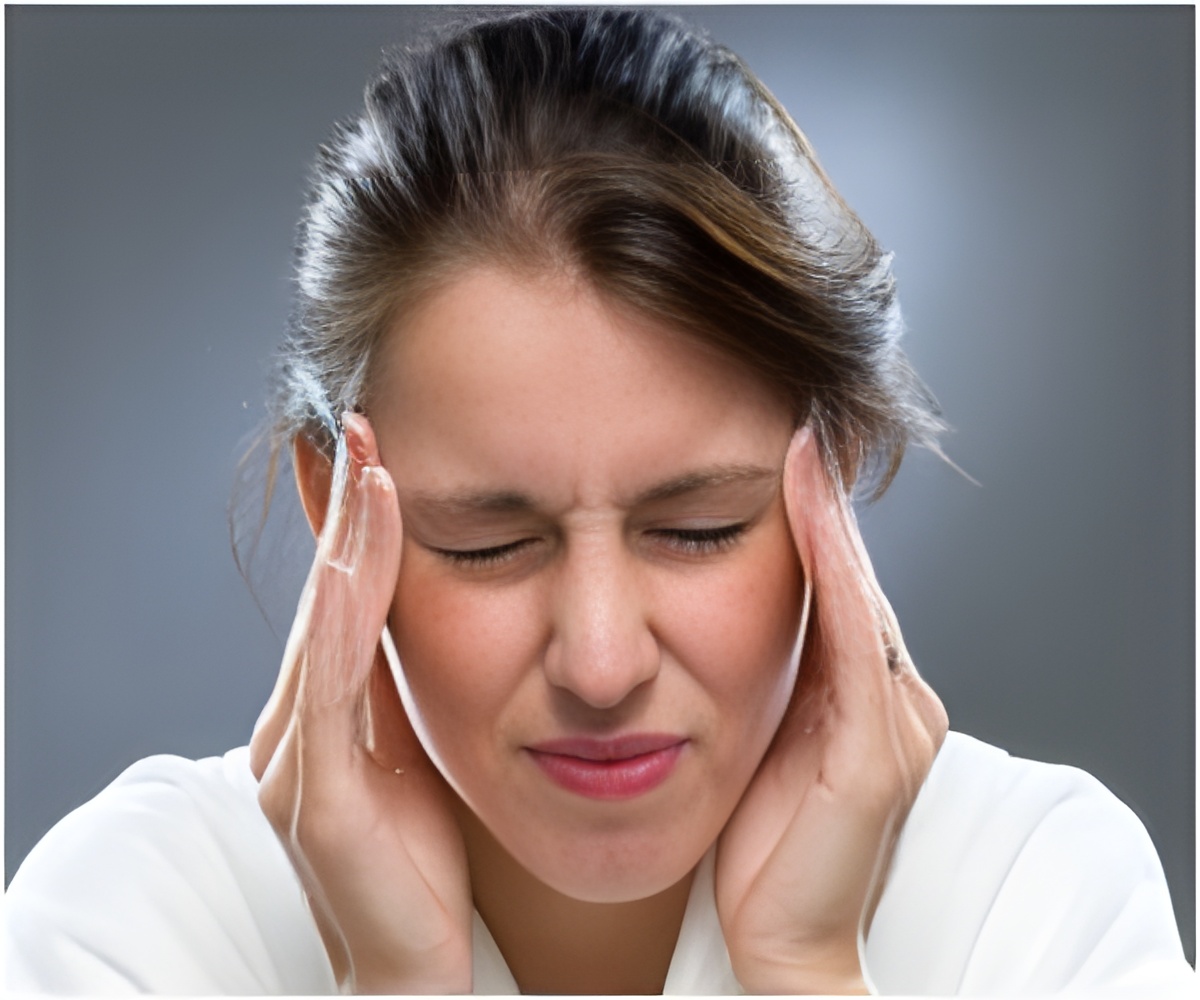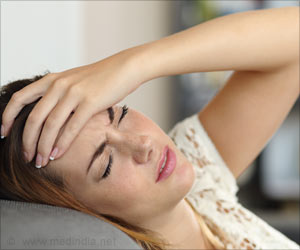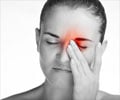Women with a migraine history had a faster rate of estrogen decline regardless of whether they had a migraine during that cycle or not.

TOP INSIGHT
Decline in estrogen levels can make women vulnerable to common triggers for migraine attacks such as stress and sleep deprivation.
The rate dropped 34 picrograms per milligram of creatinine (pg/mgCr) in women with a migraine, compared to 23 pg/mgCr in women without a migraine, suggesting that there's a process that links estrogen withdrawal and menstrual migraine, the researchers explained.
"These results suggest that a 'two-hit' process may link estrogen withdrawal to a menstrual migraine," said lead author Jelena Pavlovic from Albert Einstein College of Medicine in the US.
For other hormone patterns, there were no differences between women with a migraine and women who did not have a migraine.
"More rapid estrogen decline may make women vulnerable to common triggers for migraine attacks such as stress, lack of sleep, foods and wine," Pavlovic added.
The investigators measured hormone levels from daily urine samples for one monthly cycle; the participants' peak hormone levels, average daily levels and day-to-day rates of decline were calculated over the five days following each hormone peak in their cycles.
Source-IANS
 MEDINDIA
MEDINDIA



 Email
Email










